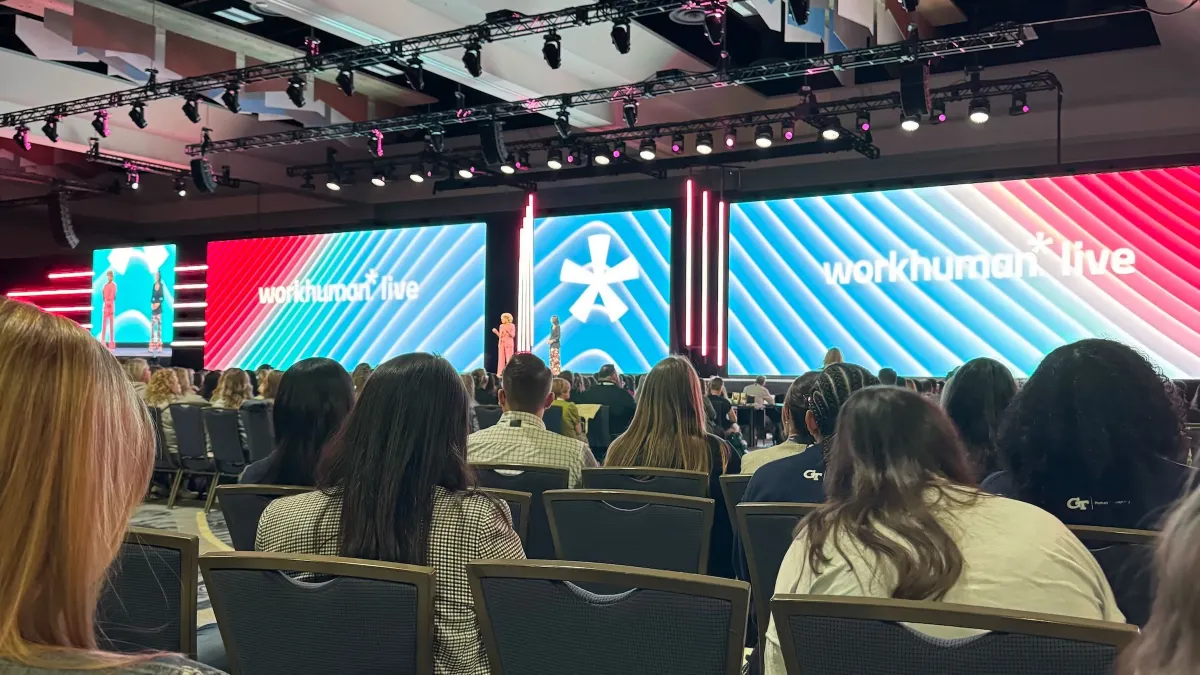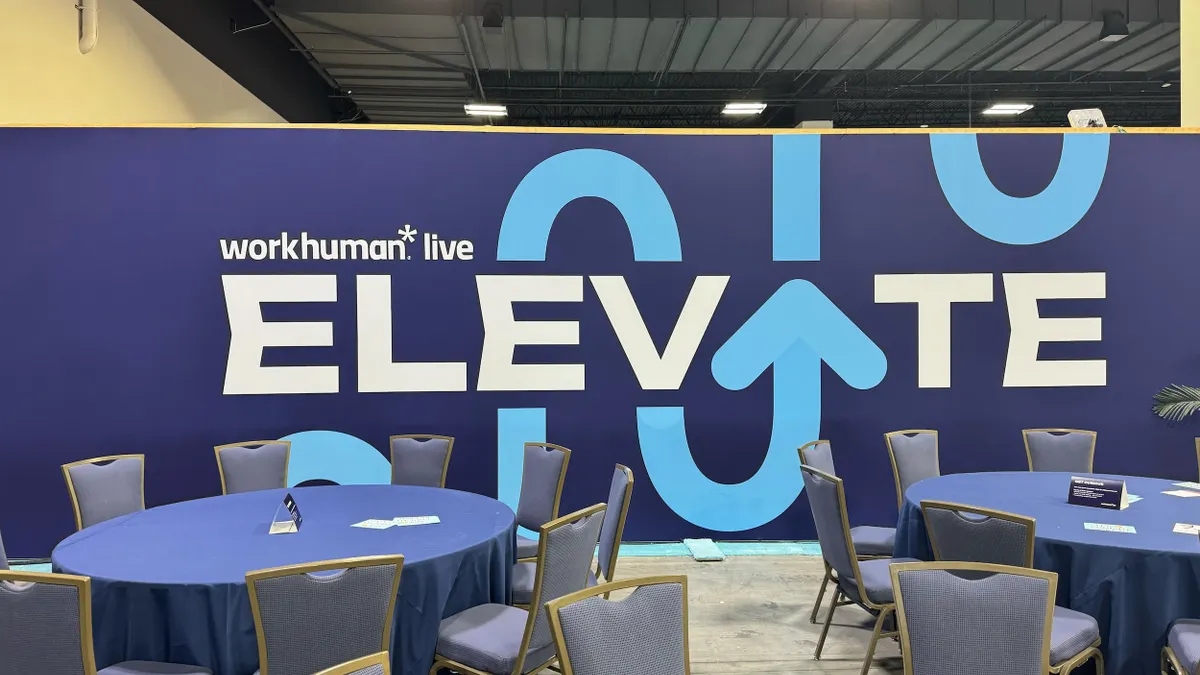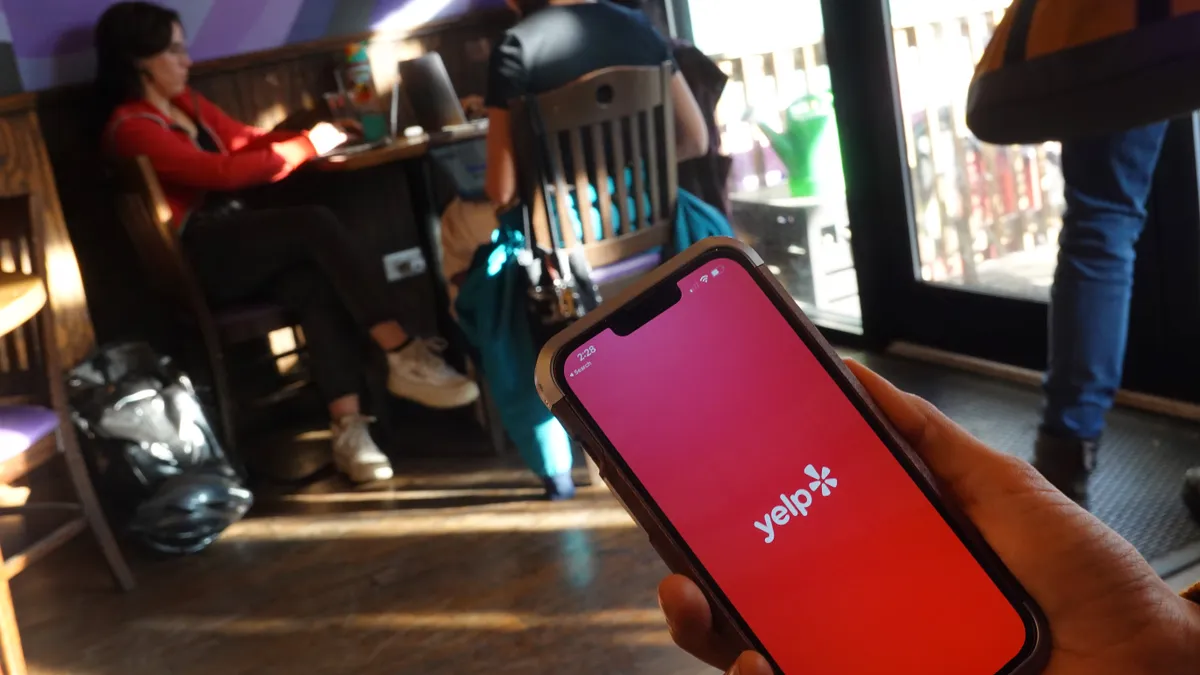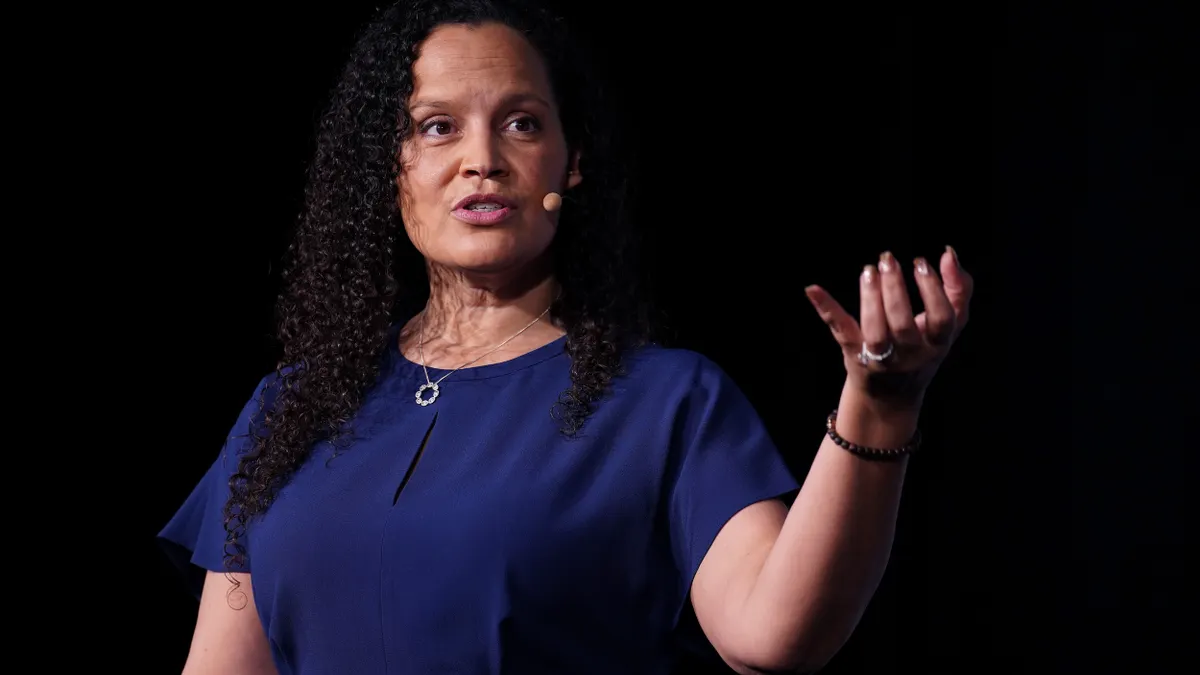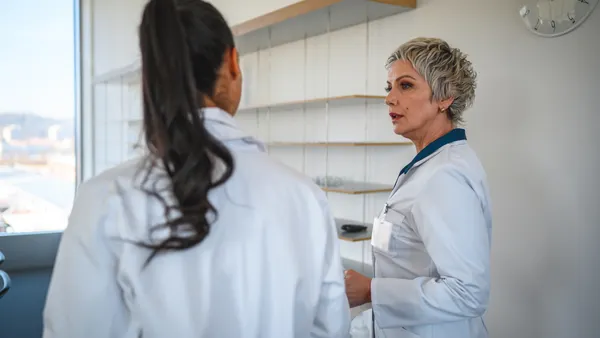AURORA, Colo. — The DEI landscape may be rife with drama at the federal level, but for many of those doing the work at organizations across the country, not much has changed. Kamille Washington, director of internal communications and inclusion at Workhuman, said that while the core focus of the work continues, DEI professionals are increasingly working to demonstrate its value. “How do we bring rigor to the work?” she asked. “How do we measure it in the same way that we measure everything else?”
Washington sat down with HR Dive to talk through her recent career development, how she’s thinking about DEI’s changing landscape and her hopes for the future of the field.
This interview has been edited for clarity and brevity.
HR DIVE: At Workhuman, you shifted from director of DEI to director of internal communications and inclusion in November — right after the election. What were your priorities going into that position?
Kamille Washington: Interestingly, my priorities on the inclusion side didn’t change at all. All that work is exactly the same. It was really about adding internal comms to my portfolio, which was just a shift that happened internally. We thought we would take it as an opportunity to be more thoughtful about storytelling — not just related to DEI but broader culture, sustainability, all of those pieces. It’s been interesting to think about how to make those two worlds really hang together.
What is it like moving from DEI to just the ‘I’?
There’s a lot of contention now around the language, and my perspective is the work is the work is the work. It’s about making sure that people are treated fairly throughout their entire employee life cycle, making sure that people feel that they belong, that they are seen, valued and invited to contribute.
There’s very little that I do just by myself — along with my direct report on the inclusion side; we are always working with our talent acquisition team, our learning and development team, talent ops, to think about how we can make these processes more fair, more equitable, more inclusive.

Can you give me some examples of what you’ve done?
One of the first things I did when I came into the role at Workhuman was to do a self ID campaign. They had never done that before. And of course, in the United States, we are legally required to report on everyone's race and ethnicity. So that wasn’t unusual for us to formally make that ask — all voluntary — but because we have a huge workforce in Europe, and particularly in Ireland, where the conversation about that is really different, we had to do a little bit of an information campaign to help people understand why we were collecting this data, why it was valuable for them to share it and what we were going to be able to do.
Once we got the first round of digging back, we looked at all the demographics, and we saw, for example, in our Framingham office, we were lagging the state of Massachusetts in terms of Hispanic people in the workforce. And so I talked to our talent acquisition team about that, and said, “Okay, how can we change some of our recruiting strategies so that we are exposing ourselves as a company to more folks from that demographic, so that Workhuman can look like the world that we live in.”
Obviously, DEI is a major political football at the moment. Why do you think it’s become so charged?
I do think there is backlash, because we’ve made a lot of progress — so I think inevitably, the pendulum swings one way and it swings back the other way.
I also think that particularly immediately after the murder of George Floyd, the market really got flooded with people purporting to be DEI experts that had the solution — and they actually didn’t. I think there was a sense that the work was going to pride parades and having multicultural lunches and fishbowl conversations. That stuff is worth doing, it’s valuable, but it’s not all that there is. The question of: How do we bring rigor to the work? How do we measure it in the same way that we measure everything else? I think that it has taken us some time to get to that place.
I’m curious how you have integrated the executive orders — the language that suggests that there are going to be investigations.
It has definitely been something that we’ve thought about. I am very good friends with our legal team. But we’ve all read the executive orders and have done a risk assessment. We’ve looked at our programs and feel comfortable with everything that we’re doing.
But of course, we want to be mindful and thoughtful, and we also are aware that while we are not government contractors, some of our clients might be, and so we’re thinking about how to help them navigate this time.
How do you see the DEI space evolving into the future?
I always say I don't want to be in DEI for the rest of my life. I think any person who works in this space worth their salt will tell you, “I want to put myself out of the job.” And that's always been the goal.
I think it’s just about equipping folks across an organization with the skill set, so that they feel confident asking questions, so that I don’t always have to be the person asking the questions.



